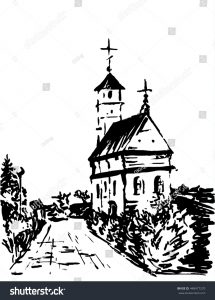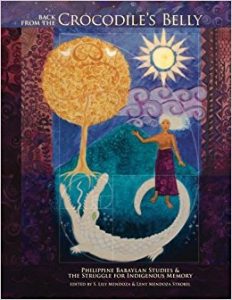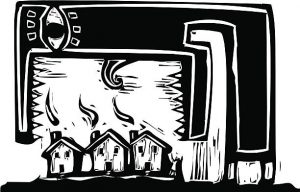This article sets out to describe how churches have responded and continue to respond to fast-changing urban environments in Pretoria Central and Mamelodi East, animating Henri Lefebvre’s sociological perspective of citadins or urban inhabitants. We make tentative interpretations and offer critical appreciation. Churches, which were historically separated from the city centre, now directly participate in claiming a right to the city. With necessary fluidity, churches express lived African urbanisms through informality, place-making, spatial innovation and everyday rituals. Though not exhaustive, the article focuses on rituals shared among historic urban Christians and contemporary African urban Christians, namely prayer, listening to the Bible and worship. These rituals, when combined with the churches’ spatial innovation, to a certain degree contribute to place-making.




No comments! Be the first commenter?